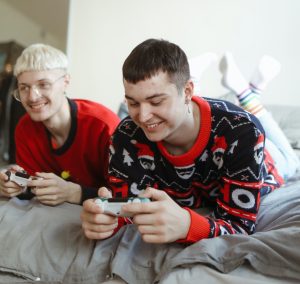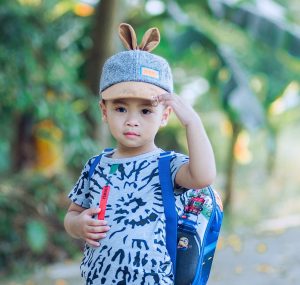
Director’s Corner: Holding Multiple Truths
The author reflects on holding multiple, often conflicting truths across personal, educational, and parenting experiences. She shares childhood struggles with giftedness and recovery from an eating disorder, her teaching career, and raising three twice-exceptional children, offering compassion, community-based support, and practical approaches for families.




